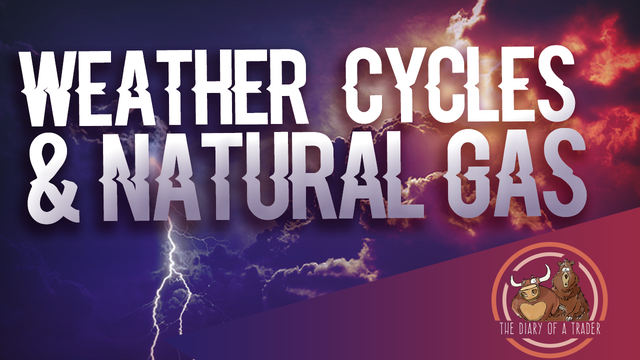Weather cycles and natural gas
Weather has a major influence on the natural gas markets, and there is also a cyclical aspect to it as well. This makes sense if you think about it long enough, because the United States uses a lot of natural gas to heat homes in the Northeast, and as temperatures dip it should bring in a lot of demand.
On the attached chart, you can see that I have three salmon colored rectangles, showing when we have had spikes in price during three of the last four years in the last couple of months per calendar year. There was a bit of an outlier at the end of 2015, because at that point fracking really took off in the United States, flooding the market with oversupply.
Even though the market has been a bit soft over the last couple of years, there still is that sudden burst higher during the months of November and December, as shown on this weekly chart. This is an easy way to take advantage of what is the norm of the market and pick up some year-end profit. By extension, you can see that as we roll over into the new year, natural gas starts to sell off and anticipation for the warmer temperatures in the springtime, which of course drives down demand. In fact, this is one of the more reliable trades that I know of in the CFD market. Just as Christmas shopping season approaches, natural gas markets start to rally. Beyond that, sometime in the first week or two of January, quite often you can short this market as well, because remember the CFD markets are working on the front month and the futures market, and by then we are normally talking March. While not an exact science, it certainly is a reasonably reliable market phenomenon.



 Difference Between Hammer and Hanging Man 2023 [ Must Watch for Trader ]
Difference Between Hammer and Hanging Man 2023 [ Must Watch for Trader ]